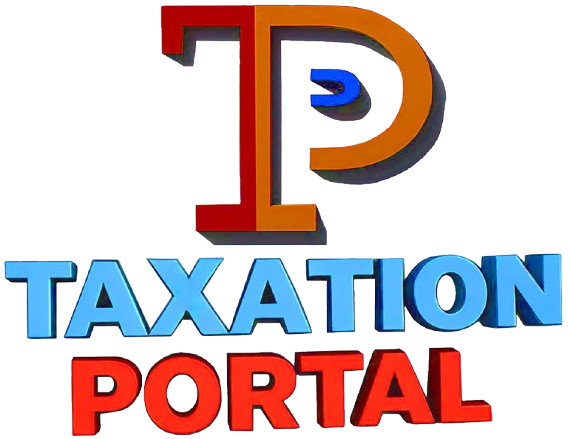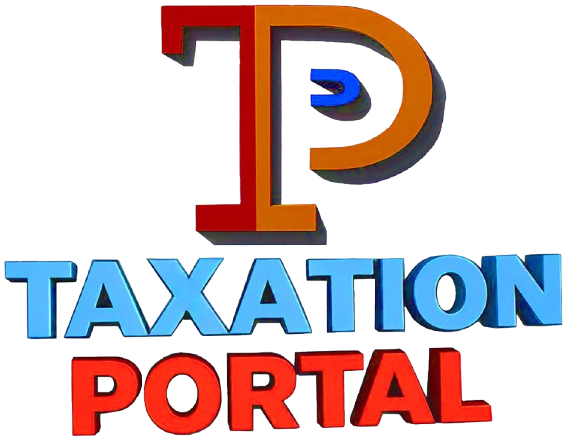
A Proprietorship, also known as a Sole Proprietorship, is the simplest and most common form of business organization in India, especially for small businesses and individual entrepreneurs. It is characterized by the fact that the business and its owner are legally indistinguishable.
Key Characteristics of a Proprietorship
Single Owner
It is owned, managed, and controlled by a single individual.
No Separate Legal Entity
This is the most defining feature. The proprietor and the business are considered one and the same entity in the eyes of the law. There is no legal distinction between the owner’s personal assets and liabilities and those of the business.
Unlimited Liability
Because there’s no separate legal entity, the owner has unlimited personal liability for all business debts and obligations. This means that if the business incurs losses or debts, the owner’s personal assets (like their house, car, personal savings) can be used to settle those liabilities.
Easy to Start and Close
It requires minimal legal formalities and costs to establish and wind up. There’s no separate registration required specifically for the proprietorship itself under any central law (though other business-specific registrations may be needed).
No Formal Registration Requirement
Unlike companies or LLPs, there’s no mandatory central registration process for a sole proprietorship firm name. Its existence is usually recognized through other business registrations (like GST, Shop & Establishment, etc.) under the owner’s name.
Direct Control and Decision-Making
The proprietor has complete control over all business operations and decision-making.
Profits and Losses
The proprietor receives all profits and bears all losses directly.
Limited Life
The business’s existence is tied to the owner. If the owner dies, becomes incapacitated, or decides to cease operations, the business typically dissolves.
No Share Transfer
Ownership cannot be easily transferred or sold in parts like shares in a company.
Advantages of a Proprietorship
Ease of Formation
Simple to set up with minimal legal formalities and low initial costs. Often, starting a business under your own name and getting a basic business registration (like GST if turnover crosses threshold) is sufficient.
Minimal Compliance
Relatively fewer regulatory compliances compared to companies or LLPs.
Full Control
The owner has complete autonomy in decision-making and business operations.
No Profit Sharing
The proprietor enjoys all the profits generated by the business.
Simple Taxation
The income of the proprietorship is treated as the income of the individual owner and is taxed under their personal income tax slab rates. No separate corporate tax is levied on the business.
Less Disclosure
Fewer reporting and public disclosure requirements
Disadvantages of a Proprietorship
Unlimited Liability
The biggest drawback. Personal assets are at risk if the business faces financial difficulties or legal claims.
Limited Access to Capital
It can be challenging to raise significant capital from external sources (banks, investors) as financial institutions perceive higher risk due to unlimited liability and lack of separate legal identity.
Limited Managerial Expertise
The proprietor might lack expertise in all areas of business management.
Lack of Continuity
The business ceases to exist upon the death or incapacitation of the owner, making succession planning difficult.
No Separate Legal Standing
Cannot enter into contracts in its own name (contracts are in the proprietor’s name), or sue/be sued as a separate entity.
Lower Credibility
May be perceived as less credible or professional by larger clients or investors compared to registered entities like companies.
How to Start a Proprietorship in India (No Single Registration)
There isn’t a single “proprietorship registration” process. Instead, the existence of a proprietorship is established by obtaining various other necessary business registrations or licenses under the owner’s name, depending on the nature and scale of the business.
Choose a Business Name
While not mandatory to register a firm name, choose a name for your business. You can operate under your own name (e.g., “Rahul Sharma”) or a chosen business name (e.g., “Sharma Enterprises”).
Obtain PAN (Permanent Account Number)
The individual owner’s PAN is used for the proprietorship. The business does not require a separate PAN.
Open a Bank Account
Open a current bank account in the name of your proprietorship firm. The bank will typically ask for proof of business, such as your Aadhaar, PAN, and any other business registration (like GST registration or Shop & Establishment certificate) where your business name is mentioned.
GST Registration (Goods and Services Tax)
- Mandatory if your aggregate annual turnover of taxable goods exceeds ₹40 Lakhs (₹20 Lakhs for services, ₹10 Lakhs for special category states).
- Even if below the threshold, it’s often advisable to register for GST voluntarily, especially if you deal with inter-state sales, e-commerce, or need to claim Input Tax Credit (ITC).
- GST registration proves the existence of your proprietorship.
Shop & Establishment Act Registration
- Mandatory for shops, commercial establishments, hotels, restaurants, etc., in Delhi.
- Governed by the Delhi Shops and Establishments Act, 1954.
- Issued by the Department of Labour, Government of NCT of Delhi.
- This certificate is a strong proof of your proprietorship.
Professional Tax Registration
- As discussed, applicable in some states. In Delhi, while the Act exists, its widespread applicability on salaried individuals is limited. However, for self-employed professionals, it might be relevant. (Always re-verify current Delhi professional tax norms).
MSME (Udyam) Registration
- Voluntary but highly recommended.
- Your proprietorship can be registered as an MSME (Micro, Small, or Medium Enterprise) to avail various government benefits, schemes, and subsidies.
- Registration is free and online via the Udyam Registration Portal.
Other Licenses/Permits (Industry-Specific)
- Trade License: Issued by the MCD (Municipal Corporation of Delhi) for specific commercial activities within municipal limits.
- FSSAI License/Registration: If you are dealing with food products.
- Import Export Code (IEC): If you plan to import or export goods.
- Any other industry-specific licenses: e.g., for manufacturing, construction, specific services.
Get help from our experts for Proprietorship registration. A proprietorship is ideal for individual entrepreneurs, freelancers, small shop owners, and consultants who want to start a business quickly with minimal capital and compliance. However, the critical factor of unlimited liability should be carefully considered, especially as the business grows or takes on significant debt. For businesses with higher risk, larger funding needs, or plans for expansion and employee hiring, other structures like LLP or Private Limited Company might be more suitable due to their limited liability and separate legal identity.

